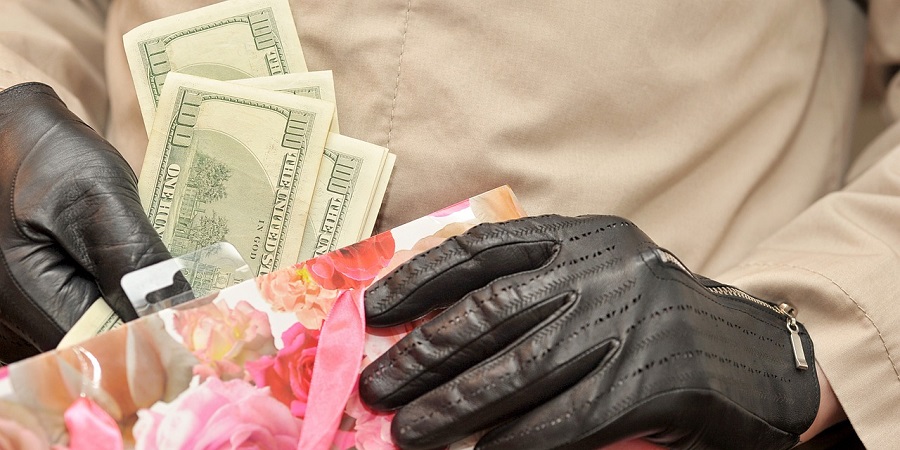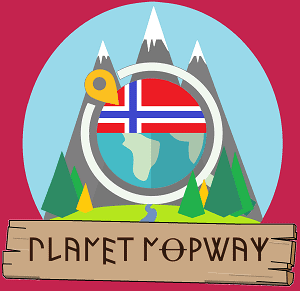There is virtually impossible to find a country that is completely free of corruption. Fortunately, Norway enjoys a much lower degree of corruption than most other countries.
While there have been cases of corruption in both the private and public sectors in Norway, We generally rank around the top when it comes to corruption indices.
In this article, we take a look at the extent of corruption in Norway, what type of corruption is the most frequent, how Norway prevents corruption, as well as highlight 2 of the most prominent corruption cases in Norway in the last decade.

Is there corruption in Norway?
Like any other country throughout the world, there is also corruption in Norway. Based on the corruption that has been revealed, it usually occurs either in the private or public sector.
In the private sector, there is corruption within Norwegian companies in both domestic and international deals. You can also throw in insider trading and money laundering in this category.
A profiled corruption case involving a Norwegian company occurred in 2014. Yara International, one of the world’s largest producers of chemical fertilizers was revealed to have bribed several public officials in Lybia, Syria, and Russia.
The case was said to be the most serious case of corruption involving a norwegian company. The case got further attention by the fact that the Norwegian state owns over 36% of the shares in the company.
After a thorough investigation and several legal battles, the result was Yara agreeing to pay over 295 million Norwegian kroner (about 35 million USD) in fines, and one executive of the company being sentenced to 7 years in prison.
In the public sector, corruption usually involves public officials. Fortunately, most cases are minor, most commonly occurring on the city level among planning, building, and procurement departments.
That being said, corruption in the public sector is generally more frequent in smaller, rural communities, where people are more tightly knit, where the low-level corruption occurs as favors for family or friends.
How does Norway fight corruption?
Trust between the government and its people is a key pillar in the Norwegian model. As a consequence, efforts are put in to combat even low-scale corruption throughout the country.
There are several systems in place designed to fight corruption. The most important is perhaps Økokrim, the National Authority for Investigation and Prosecution of Economic and Environmental crime. This arm of the national police is a specialized team established to handle financial crime.
To fight public sector corruption, Norwegian officials constantly encourage the public to come forward with any information suspicious for corruption. There are also laws in place that require the public sector to release details regarding the purchase of goods and services, ensuring transparency in the public sector’s use of funds.
To make sure the focus on fighting corruption does not fade over time, there are regular campaigns and training in the public sector that aims to educate citizens on how to prevent corruption and to inform them on how and where to report it.
Police Corruption in Norway
Fortunately, Norway has a low degree of corruption among police. Norwegian police officers are trained not to accept bribes for fines or traffic violations. In fact, it’s best not to even offer as you risk further legal action for attempting bribery.
When corruption does occur within the norwegian police, cases are handled by a special unit for internal police affairs. While not perfect, only 5 police officers have been found guilty after being investigated by the unit since its founding in 2005, which is a remarkably low number on a global scale.
The most severe police corruption case in norway to date, was the Eirik Jensen case in 2017. Jensen, a senior police official in the Oslo police department, was tried and convicted of accepting bribes and aiding drug smugglers after an intensive internal investigation that included phone tapping and covert operations.
Jensen himself and his case were later featured in the Netflix documentary “Mr. Good: Cop or Crook?.” which was released in 2022.
Where does Norway rank on the corruption indices?
So if corruption is so low in Norway, it must show up in the numbers, right? As a matter of fact, it does.
Norway ranks very positively on the Corruption Perceptions Index (CP1). Out of 180 countries ranked, Norway took 4th place with a score of 85 out of 100, where a score of 100 means no corruption.
The Norwegian police also scored well in terms of the Police Corruption Perception index (PCI). Here Norway ranked 96th out of 100 countries included, beaten only by Singapore, Switzerland, Finland, and Denmark.
Why is corruption in Norway and Scandinavia so low?
Given the fact that corruption is a much smaller problem in Norway, it is fair to ask why corruption in Norway and other Scandinavian countries is so low compared to other countries.
While there are no definitive answers, there are several attributes these countries share that likely contribute to this. Some of these factors Are:
- Transparency mechanisms
- Encouraging transparency, and in some cases, requiring it by law is believed to help lower corruption.
- For example, requiring the public sector to provide information about the budget and how the funds are appropriated promotes accountability and discourages corruption.
- Vigorous enforcement of anti-corruption laws
- Enforcing laws that criminalize corruption and upholding those laws, even in low-level cases, are strong deterrents to corruption among citizens and public officials.
- A legal framework to combat corruption
- Having a robust and legal framework in place to combat corruption, such as Økokrim, as well as a separate police unit fighting corruption within the police force helps discourage corruption.
- Effectiveness of government
- Corruption tends to be lower in countries that enjoy freedom as citizens and have stable, effective governments.
- Through its transparency, local and national governments are held accountable for their actions and legislation.
- At the same time, freedom of the press helps to uncover cases of mismanagement which can steer voters to elect new leadership when they see fit for a change.
- Trust within the civil society:
- As mentioned, the Trust between the Norwegian people and the government, as well as between citizens is a key factor in the Norwegian model.
- Accompanying this trust is a level of accountability that act as a check on the willingness to go along with corruption.
Sources
2021 Corruption perceptions index – Transparency.org
Police corruption perceptions index – Indexmundi
Senior cop Eirik Jensen jailed over corruption in Norway – Euronews
